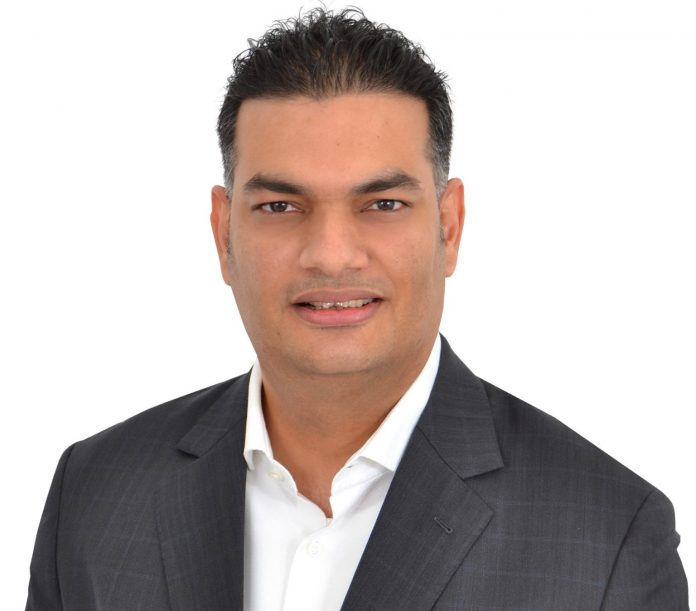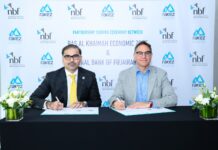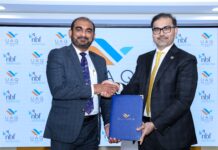What is driving the growth of wealth management and investment services in the GCC and the Middle East?
Local and global factors are at play in the region. Locally, economies in the region have been liberalising and their economic diversification plans – which are some of the most ambitious economic transformation programmes in the world today, have and continue to gain additional traction. Across the world, the recovery from the global pandemic has had a clearly obvious impact on oil prices, which has in turn has strengthened public finances. This mood music has definitely influenced our customers, who are seeing the region as a safe and reliable area in which to invest.
Fixed income and dividends are becoming one of the largest drivers of wealth products across our offering. We have also seen that the technology sector has become increasingly popular with customers in the region. Over 50% of our portfolio is in multi assets, which our customers hold as their primary investment while using single asset funds or securities as satellite holdings.
How can private banking, wealth management and investment be successfully transitioned to a platform-based service and retain its bespoke appeal?
Relationships are at the heart of our business, and I don’t see that changing. The way we conduct and nurture those relationships has obviously changed from, say, five years ago. The impact of the pandemic on the growth of virtual communications and increased digitisation has fundamentally altered standard relationship management practices.
We are digitising at scale across our international network – using technology to create excellent customer experiences, to become more efficient and to open up new growth opportunities. We’re putting the global power of HSBC into every customer’s pocket with simpler, smarter and more secure digital banking.
How are the values of upcoming generations of high-net-worth clients in the region influencing the ESG policies of your institution?
We are increasing the number of ESG products available to our customers, and we are expanding training for our relationship managers on the range of ESG products that we offer. We know our clients want meaningful dialogue about sustainable finance products and ESG issues and so we are fully committed to having those impactful conversations with them. We also offer our clients regular webinars on ESG topics, to help them in their sustainable investment decision making and product choices. And we are also bringing leading global experts on ESG into our relationship management teams, working alongside our relationship managers (RMs) to embed the best ESG practices in our product offering.
In terms of asset classes, how will the regional investment landscape will look for high-net-worth customers in five years from now?
We have seen significant interest and investment in the Middle East region from across our customer and client base, and it is also true in our wealth management business too. I think that we can expect to see private equity holdings grow, along with SPAC opportunities, and it is certainly possible that current ideas about venture capital funding entering the wealth management sphere may start to take shape too, especially within the private banking sector.
As the markets across the region deepen and broaden, futures and options as well as other derivatives may well start to become more prominent, and digital assets are also gaining more attention.
What are the current challenges in recruiting wealth and relationship managers and how are these roles changing?
At HSBC we are always the looking out for the best talent across our business, and that is certainly also the case here in the Middle East. It is important for us to maintain our competitiveness as an employer, which means offering meaningful career and development opportunities, alongside competitive benefits packages and salaries. It is not just numbers on a pay cheque, it is also an environment where you are encouraged to think, to learn and to develop. That is why at HSBC we invest in our learning and career development offering.
With the business of wealth management growing across the markets in this region, relationship managers are clearly now in greater demand than ever before. The nature of relationship management is also evolving towards long term financial planning and bespoke product advice.
We know that the relationships our colleagues have with our customers is at the very heart of our business, and so protecting those relationships means matching high levels of customer satisfaction with our colleagues’ job satisfaction.











